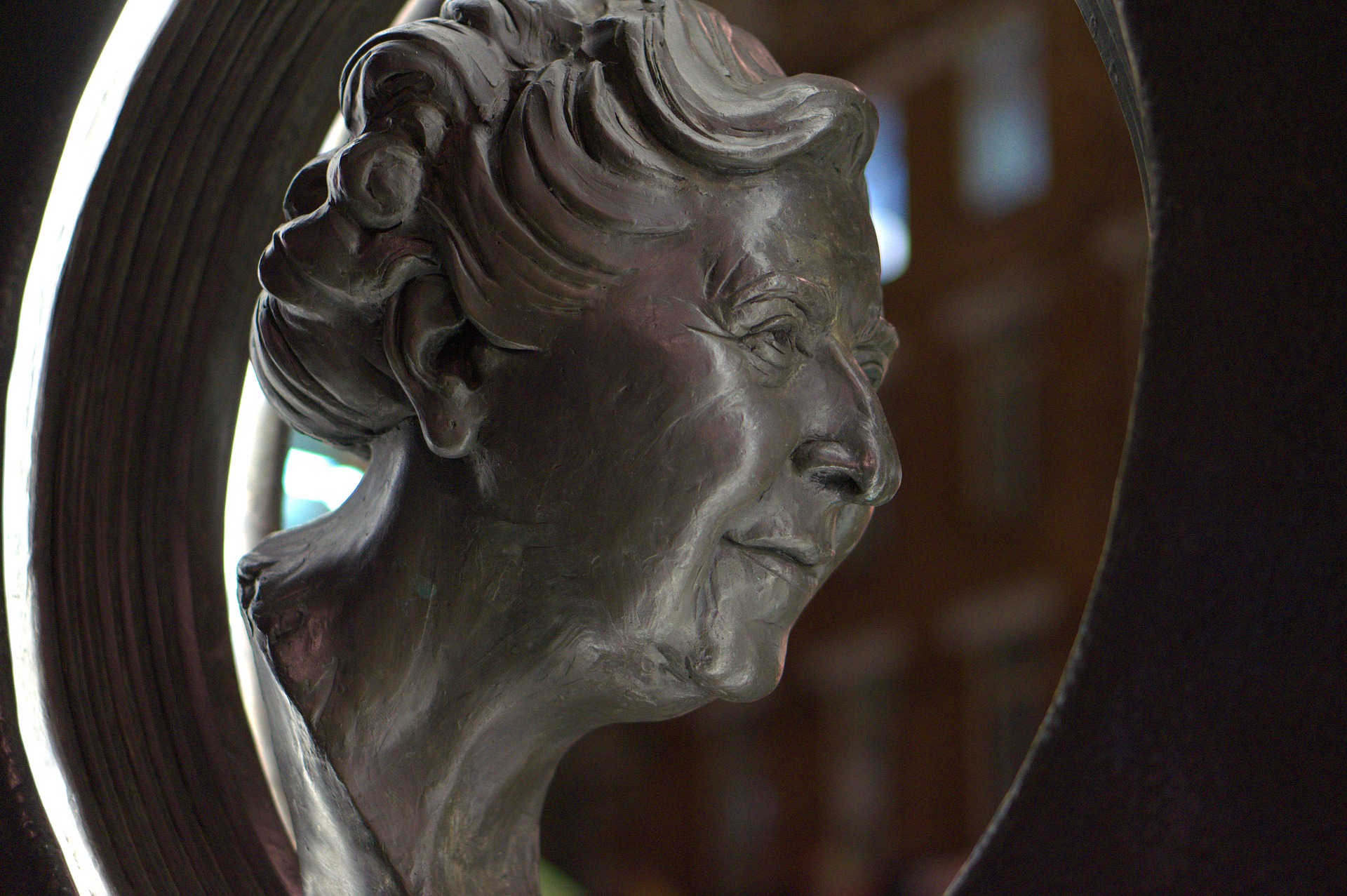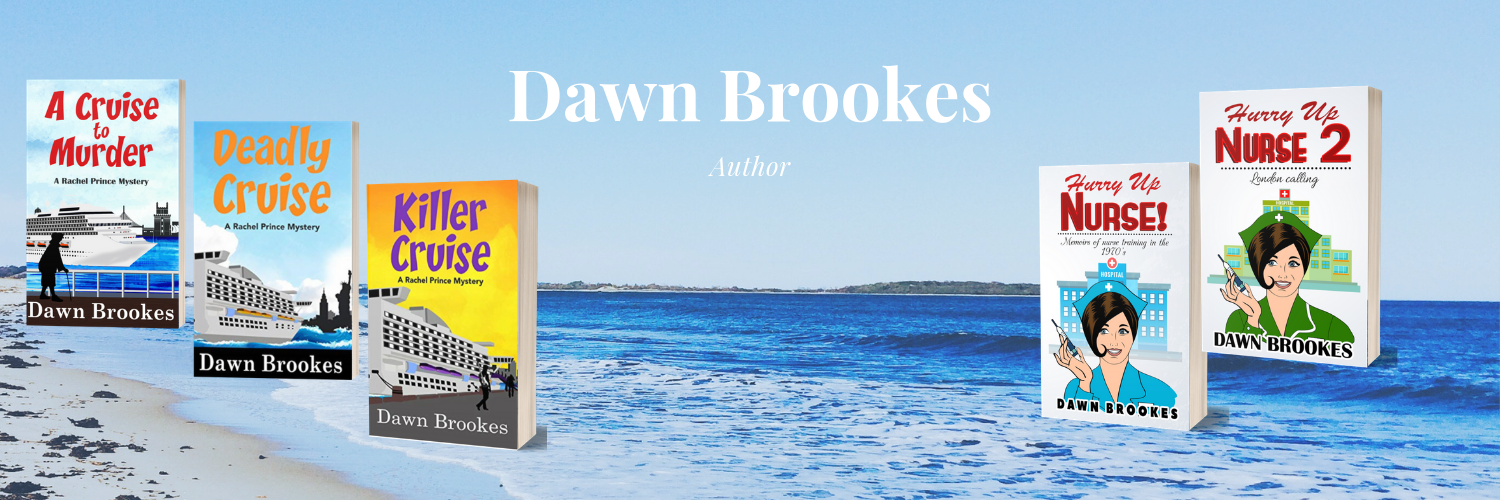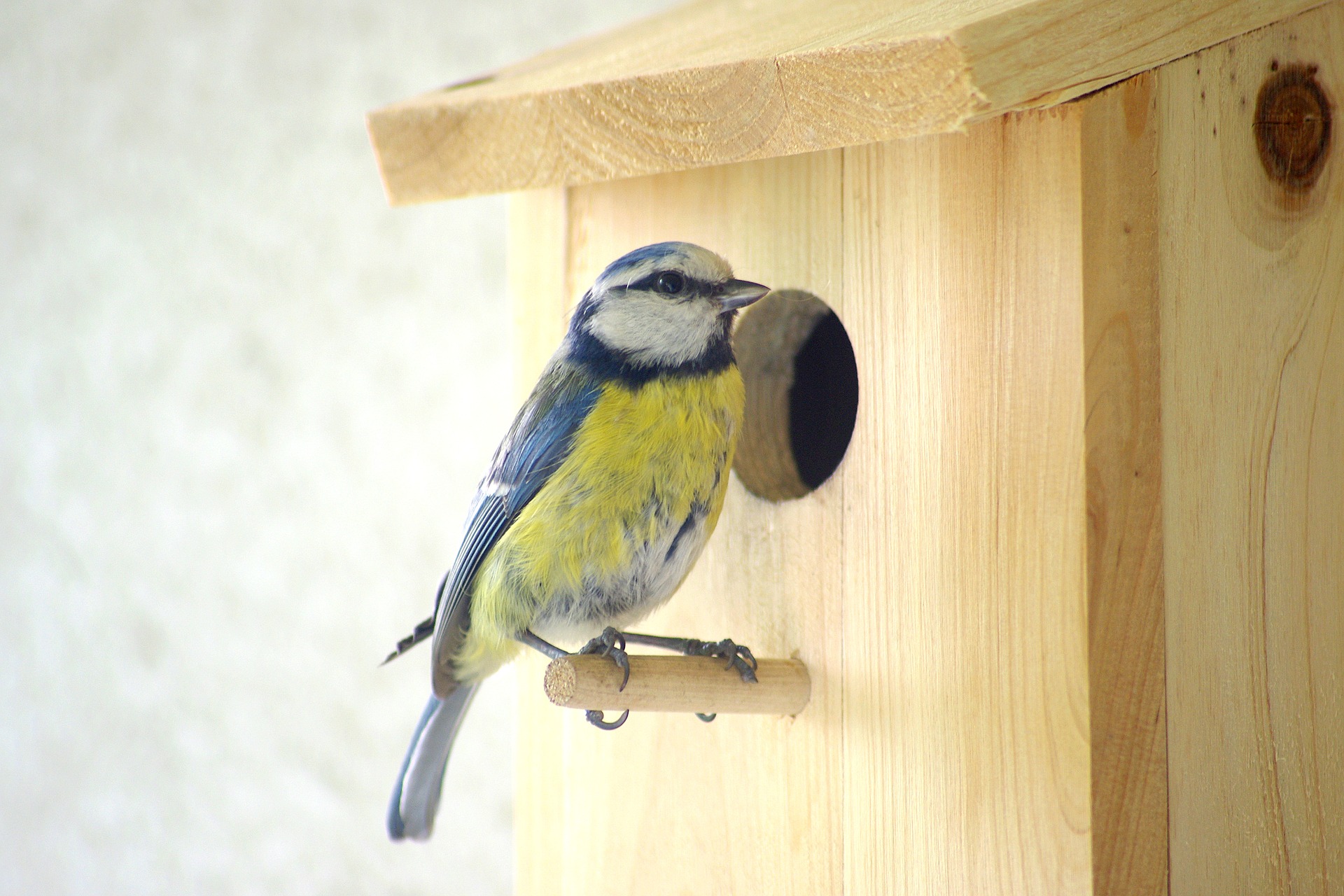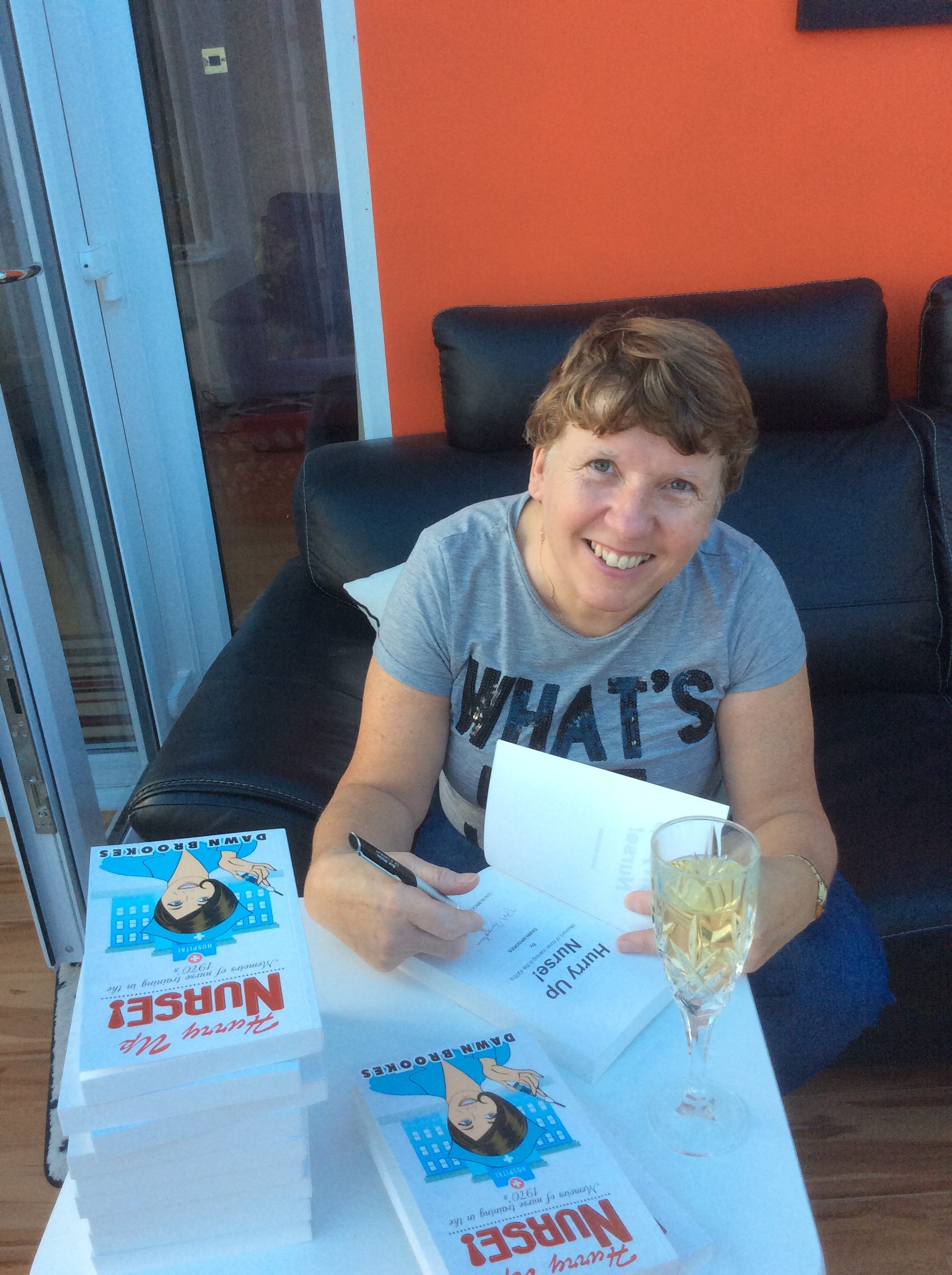Spring is Here! Spring is probably my favourite season. As that first flower emerges, new life starts to appear after the winter when everything that lay dormant comes to life again! I always feel invigorated at this time of year, and renewed energy helps me focus on new ideas. I like to write ideas down as they come to me and have a notebook for this purpose. Seasonal Stories Some authors write seasonal books, not only to generate sales all year round, but also to capture the feeling of the season or month they are in. My plots continue all year round and are not intended to be seasonal. That said - quite by chance, I have written a couple of children’s books inspired by the seasons. Ava & Oliver’s Bonfire Night Adventure obviously centres around November 5th. I wrote that one as I’m not a fan of Halloween, and the traditional bonfire night appears to be waning. Ava & Oliver’s Christmas Nativity Adventure focusses on preparations for a church nativity play using real animals, I love that book! My favourite, because its based in my favourite season, is Danny the Caterpillar. Seasonal books for children not only sell books, they help children learn about nature and the traditions that we all cherish as part of our culture, and that’s why I think they’re important and there remains a place for them. Spring Cruise for Rachel Prince! My Rachel Prince mystery series is based on a cruise ship, and despite Rachel being able to travel the world through all the seasons, they are obviously holiday focussed. That doesn’t mean they can only be read on holiday, though. The latest book, Killer Cruise follows Rachel on a spring cruise – get the gist! It’s not my intention to make the books seasonal,…



